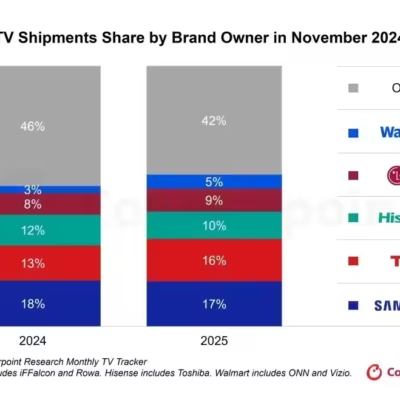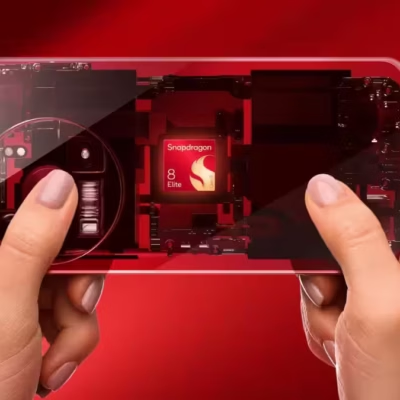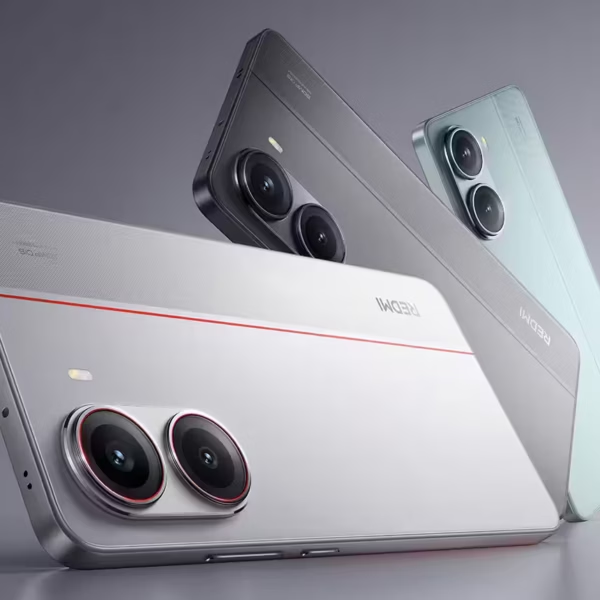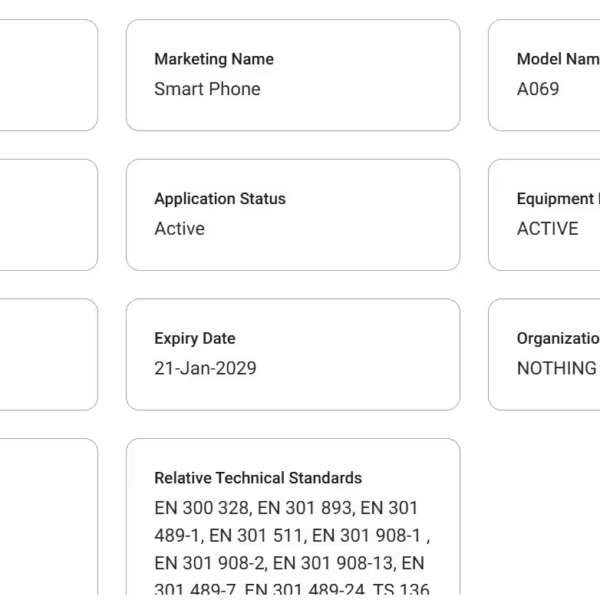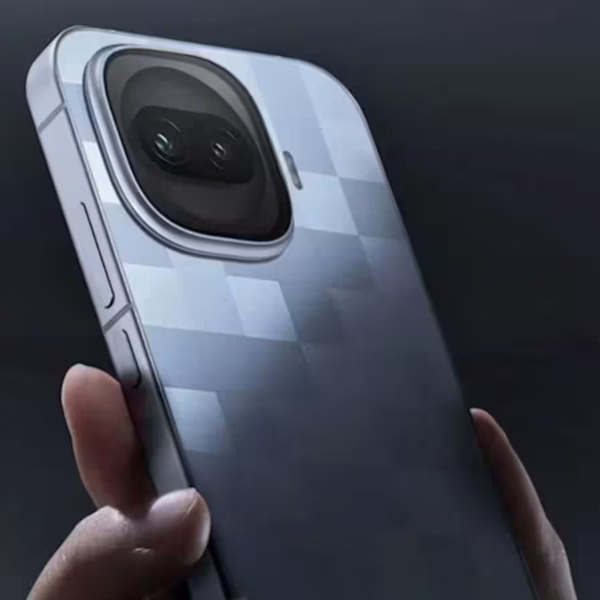Samsung prepares redesign of foldable smartphones amid trade tensions with China
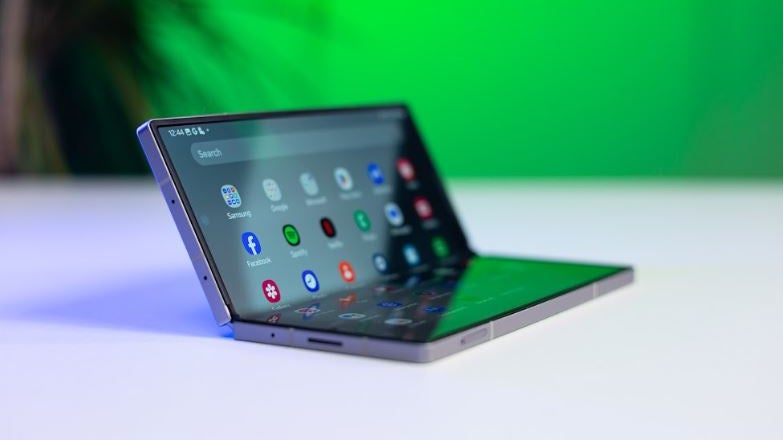
Rumors of possible trade tariffs proposed by former U.S. President Donald Trump are already causing companies to prepare for potential changes. One such measure was Samsung’s decision to use glass to create substrates in foldable phones, replacing previously used materials.
Samsung’s decision to use glass to create substrates in foldable phones replaces previously used materials.
Why Samsung is abandoning titanium.
The substrates that provide strength and support between the hinge and screen of foldable smartphones used to be made of titanium. That material was used in the Galaxy Z Fold SE, for example, but most titanium is sourced from China. The new tariffs could significantly increase the cost of using it, forcing companies to look for alternatives.
The new tariffs could significantly increase the cost of using it, forcing companies to look for alternatives.
Apple and Samsung are likely to reduce their reliance on titanium and other materials from China. Moreover, both companies are considering phasing out the use of titanium frameworks altogether.
Apple and Samsung are both likely to reduce their reliance on titanium and other materials from China.
Transition to glass substrates
Samsung Display has already started developing glass substrates, and their introduction is expected by 2026. It’s also possible that other materials such as specialty steels and plastics used in various Galaxy Fold models will be replaced by glass.
Samsung Display has already started developing glass substrates, and they are expected to be introduced by 2026.
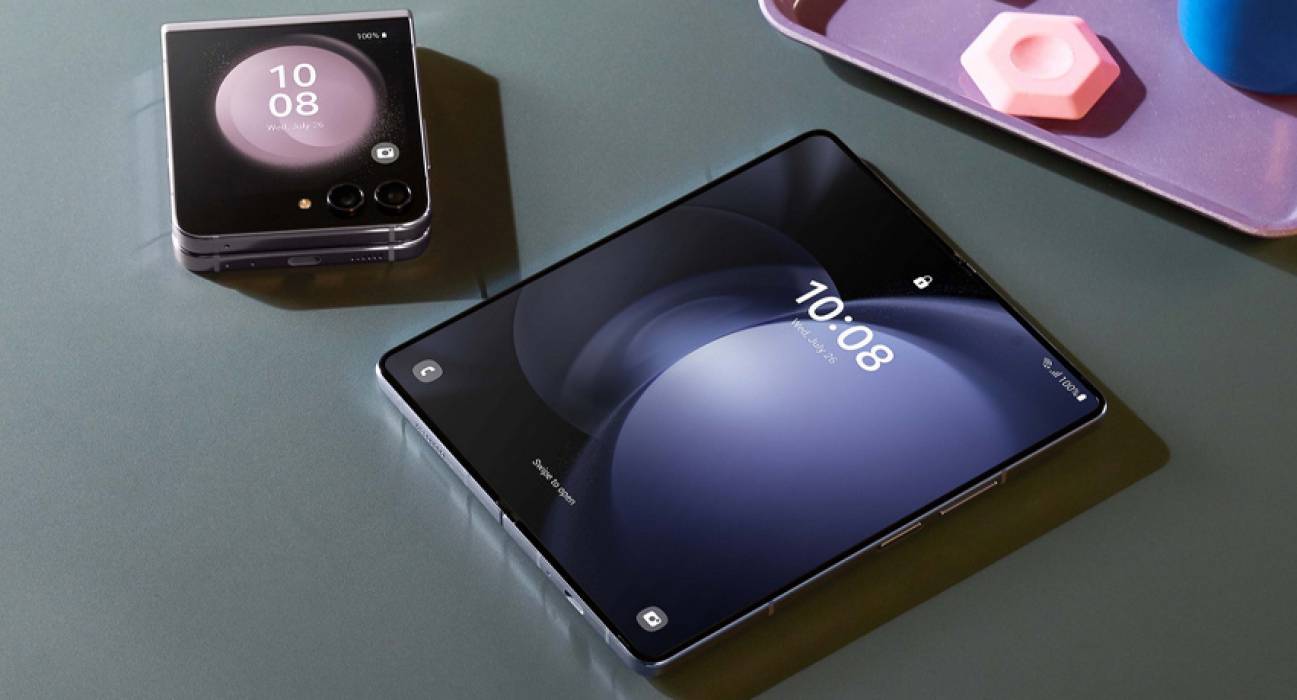
The advantages and disadvantages of glass substrates
The switch to glass carries both advantages and potential disadvantages. Among the pros are lower manufacturing costs and lighter device construction. This can result in a lower final price for consumers. Glass is also more readily available globally, which also simplifies the supply chain.
Glass is also more readily available globally, which also simplifies the supply chain.
There are downsides, however. Glass is worse at conducting heat, which can slightly degrade the thermal performance of devices. Despite this, Samsung is committed to investing in research to minimize losses and optimize the use of the new material.
Samsung is committed to investing in research to minimize losses and optimize the use of the new material.
Reaction from other manufacturers
Apple will likely seek exemptions to the tariff restrictions, as it has done in the past. Meanwhile, TSMC has frozen construction of a new plant in the U.S., awaiting the first steps of the new administration.
Apple is likely to seek exemptions from the tariffs, as it has done before.
What’s in store for the foldable smartphone market?”
.
If trade tariffs go into effect, companies will either introduce updated designs or be forced to raise prices. The future will tell how much the market will change in the coming years.
The future will show how much the market will change in the coming years.



